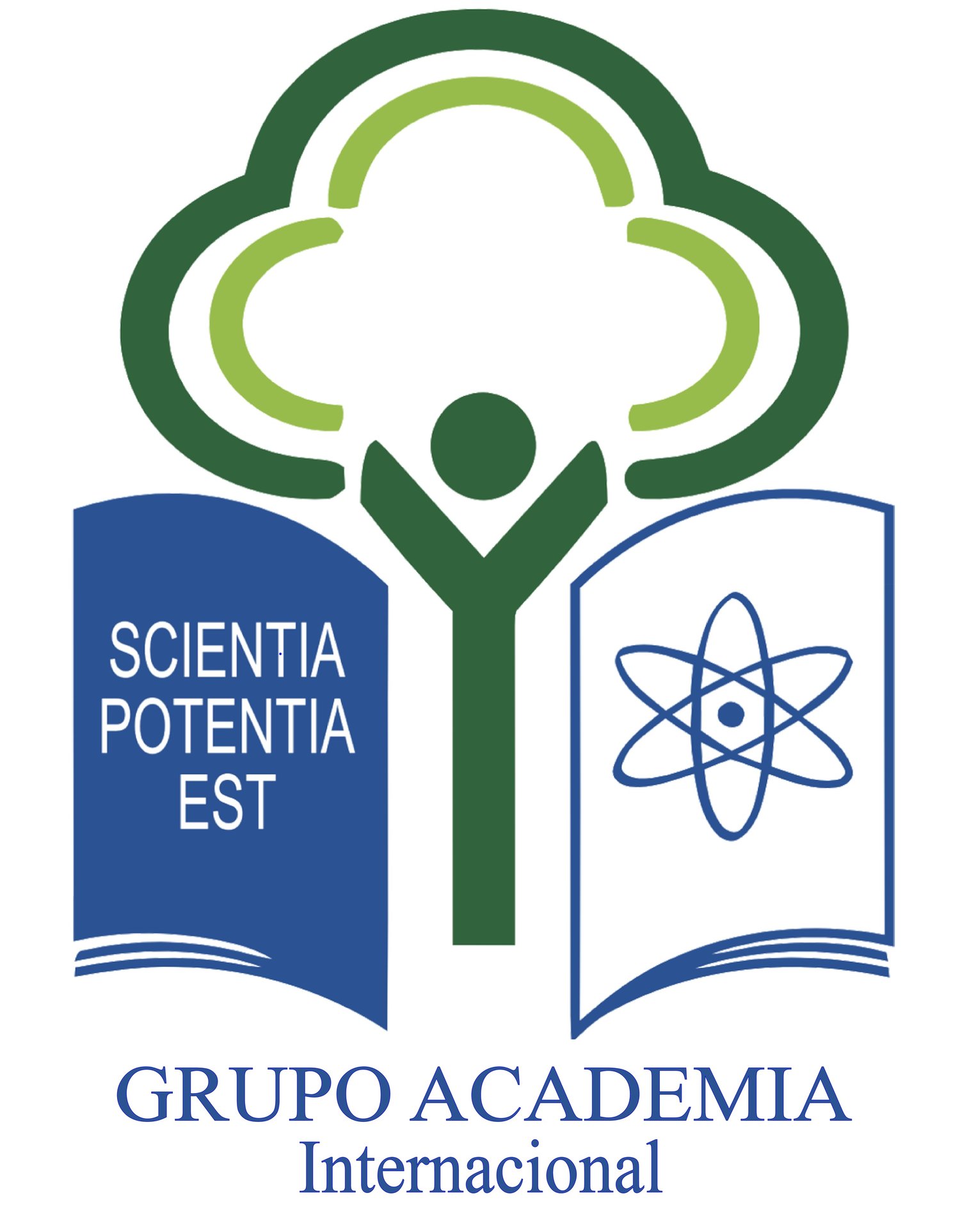The Best 21st-Century Learning Methodologies That Every Parent Needs to Know
As we mentioned in our previous blog post, in today's rapidly evolving world, traditional teaching methods are no longer sufficient to prepare students for the challenges and opportunities of the 21st century. As educators, it's our responsibility to embrace innovative learning methodologies that equip students with the skills they need to thrive in an increasingly complex and interconnected world.
In this blog post, we'll explore the best 21st-century learning methodologies that every school needs to implement and that every parent should know before enrolling their children in a new school.
Project-Based Learning (PBL)
Project-Based Learning is a dynamic approach that encourages students to explore real-world problems and develop critical thinking skills. By working on projects that require research, collaboration, and creativity, students not only gain subject knowledge but also develop essential life skills such as problem-solving, communication, and time management.
Blended Learning
Blended learning combines traditional classroom teaching with online resources and digital tools. It allows for a more personalized learning experience, catering to individual student needs and pacing. This approach enhances engagement and helps students develop digital literacy, a crucial skill in today's tech-driven world.
Flipped Classroom
Flipped Classroom is an alternative approach to traditional teaching methods. Students can access learning resources such as online videos or readings outside the classroom, and classroom time is devoted to discussions, problem-solving, and interactive activities. This methodology promotes active learning, encourages student engagement, and deepens understanding.
Inquiry-Based Learning
Inquiry-Based Learning centers around students' questions and curiosities. It encourages them to investigate, explore, and discover answers on their own, fostering a sense of ownership over their learning. This approach nurtures curiosity, critical thinking, and a love for lifelong learning.
Coordinated Learning
Collaborative learning emphasizes group work and cooperation. Students collaborate on projects, share ideas, and learn from one another. This methodology not only enhances academic knowledge but also teaches important social and teamwork skills, preparing students for a collaborative workforce.
Gamification
Gamification incorporates elements of game design into the learning process. It makes learning more engaging and interactive, motivating students to achieve objectives, earn rewards, and progress at their own pace. Gamification can be particularly effective in teaching complex subjects.
Design Thinking
Design Thinking is a problem-solving methodology that encourages students to empathize, define, ideate, prototype, and test solutions. It fosters creativity, innovation, and a human-centered approach to addressing challenges, making it invaluable in preparing students for an uncertain future.
Growth Mindset
While not a traditional methodology, adopting a Growth Mindset as a school-wide philosophy can transform the learning environment. Encouraging students to embrace challenges, learn from failures, and believe in their ability to grow and develop intelligence can significantly impact their learning outcomes.
Global Citizenship Education
In our interconnected world, it's crucial to teach students about global issues, cultural diversity, and the importance of being responsible global citizens. Global Citizenship Education promotes empathy, cultural awareness, and a sense of social responsibility.
Data-Driven Instruction
Utilizing data to inform teaching practices allows educators to tailor their instruction to individual student needs. Data-driven instruction identifies areas where students may be struggling and provides insights to optimize teaching strategies for better outcomes.
In conclusion, the 21st century demands a shift in educational paradigms. These methodologies offer innovative approaches to teaching and learning that empower students with the skills they need to succeed in a rapidly changing world. Embracing these methodologies can help schools nurture well-rounded, adaptable, and forward-thinking individuals who are prepared to tackle the challenges and seize the opportunities of the 21st century.
At Grupo Academia Internacional our commitment to every student's personal and professional growth is unwavering. From fostering social-emotional development to implementing top-notch learning methodologies, our aim is to empower them to thrive and attain a broader global perspective.
Feel free to inquire about our admission process, and kindly keep in mind that our enrollment for the year 2024 is currently open.
